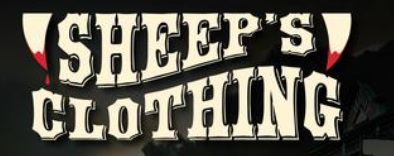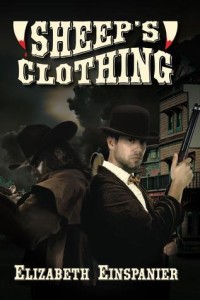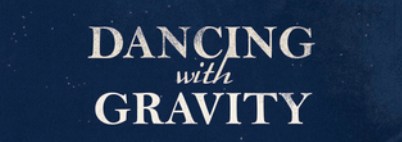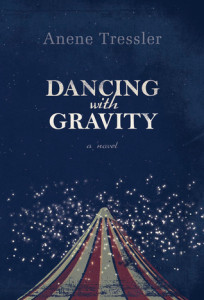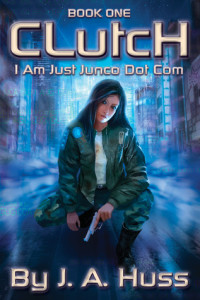 Some time ago, I grabbed J.A. Huss‘ Clutch off of the Amazon free list. I read it here as book eleven of my Taking Care of my Own challenge.
Some time ago, I grabbed J.A. Huss‘ Clutch off of the Amazon free list. I read it here as book eleven of my Taking Care of my Own challenge.
Description from Goodreads:
How long can you lie to yourself before it all comes apart?
In 2152 the avian race is on Earth looking for something stolen from them decades ago – their genetics. At the center of the search lies the Rural Republic; a small backwards farming country with high hopes of military domination and a penchant for illegal bioengineering.
19 year old Junco Coot is the daughter of the Rural Republic’s ranking commander. She’s the most foul-mouthed, wildly unpredictable and ruthless sniper the Rural Republic has ever trained. But when her father’s death sparks a trip into forbidden places, she triggers events that will change everything she knows to be true.
As an elite avian military officer, Tier’s mission is to destroy the bioengineering projects, kill Commander Coot’s daughter, and return home immediately. There’s just one problem. Junco isn’t who she claims to be.
With no one to trust, not even herself, Junco must confront the secrets of her past and accept her place in the future, or risk losing herself completely.
Review:
What I liked:
- The actual story, it was an interesting one.
- The voices, Junco and Tier are both wonderfully sarcastic. There is a lot of good repartee between them.
- Junco’s badassness in the last 1/3 of the book. I do love a kickbutt female warrior.
- The fact that Junco was smart enough not to just take everything at face value.
- The actual mechanical writing. It was very good, as was the editing.
What I didn’t like:
- Tier’s ‘Darlin’ habit. It made him sound like an old man. In fact I can’t say I liked his accent at all. The use of ‘ya’ instead of ‘ you’ really ground on my nerves after a while. Plus, I think it undermined his gravitas.
- The lack of worldbuilding. I have a very vague idea that there was an American succession of some sort, but nothing beyond that and no idea how (or when) avians fit in.
- The fact that Junco did a personality 180. I liked the badass she became, but after seeing her flail about for the first 2/3 the book it was a bit abrupt and unbelievable.
- As much as I love a badass warrior woman, Junco’s badass attitude became just too much for me.
- The events that led to both the revelation of memories that allowed her to revert to her other personality and caused her to start the whole chain of events in the first place is pretty major and completely glossed over.
- The lack of character depth, none of the characters were well fleshed out.
- I was confused on some of the tech. How does a construct work, for example? It seemed too sentient, not to mention aware of the outside world and able to pop up in Junco’s mind without her ‘logging in’ or whatever.
- The subtitle, I understand the Clutch reference, but since this isn’t set online or anything what’s up with the Dot Com?
Overall impression:
I liked it, enjoyed reading it, but A LOT was left unexplained or only vaguely sketched out. I know I’ve seen at least one write up in which the author says there are no answers in this book (or in book 2, 3 or 4 even) but that’s not even what I’m talking about. The cliffhanger wasn’t painfully abrupt. I thought it reached an acceptable breaking point.
I just mean that the whole world, plot, everything just seemed to hang together on gossamer threads. So, while I followed it I didn’t sense that it was solid; if that makes sense. I needed to know more about the whole Charlie situation, the voices in Junco’s head, who/what avians are, what happened to America (and the rest of the world presumably), why Tier would disobey orders for Junco, what was his f*** up that sent him to Earth in the first place, was his apparent affection for Junco supposed to be love, etc. It felt a little weak.
Despite all that, I did enjoy the book. I looked into buying book two and might have if it was super cheat. But I held off for fear that Junco would turn into one of those heroine’s who can miraculously do everything, survive everything, recover from everything, outsmart everyone, etc and do it all with a sarcastic smirk in the process. (As much as I love a badass woman, I hate those characters.)
I haven’t read the second book, so I’m not saying that’s the case, but I sense that it could be. Hope I’m wrong. All in all, an interesting start to the series. I’m definitely up for more of Ms. Huss’ writing.

